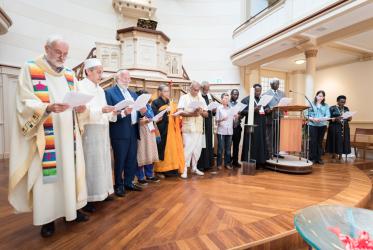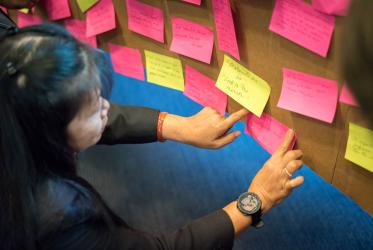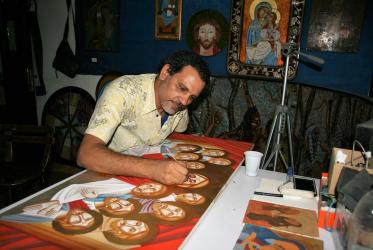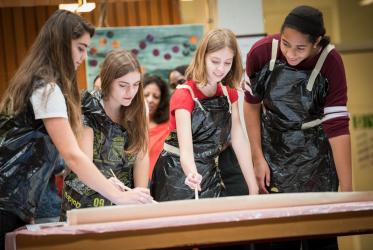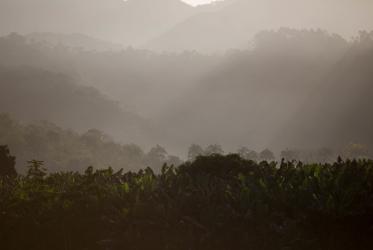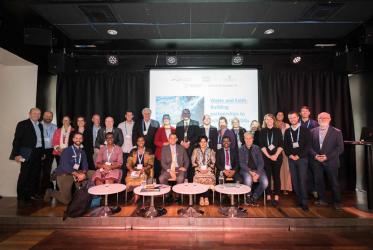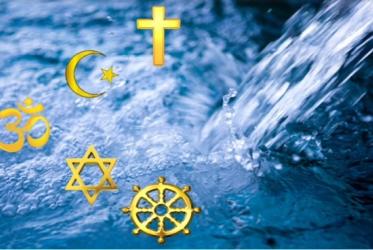Displaying 81 - 100 of 146
Working toward an AIDS-free generation
26 July 2018
Building bridges of faith in the HIV response
25 July 2018
Building Bridges in the global HIV response
25 July 2018
Diakonia: “a tool to reach abundance of life”
24 July 2018
WCC mourns passing of Calle Almedal
11 June 2018
Seven weeks of Lent highlight water justice in Latin America
12 February 2018
Protect the Amazon, urges WCC statement
22 November 2017
WCC holds public event at World Water Week in Stockholm
25 August 2017
G20 summit: call to pray for peace in Hamburg
07 July 2017
G7 must address famine
22 May 2017


